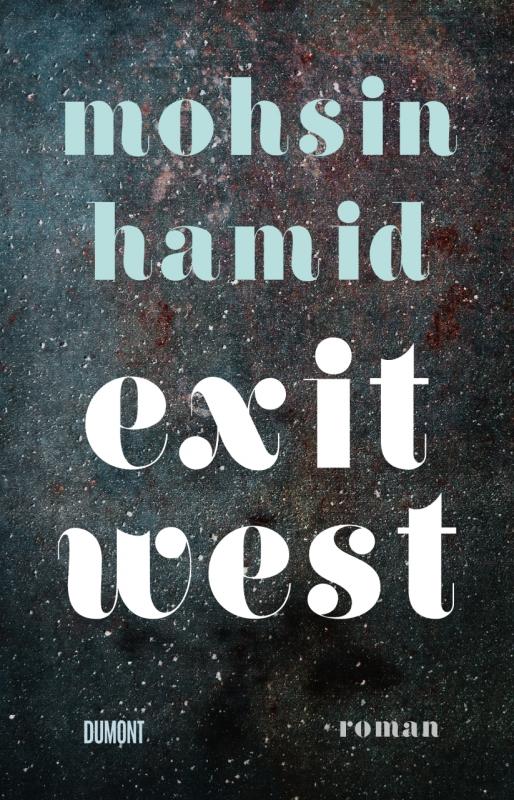Where no man has gone before
Ich habe das Buch im englischsprachigen Original gelesen, als Taschenbuch.
Image the country you live in changes – slowly, subtly. It does not change for the better, but it is where you have been born, ...
Ich habe das Buch im englischsprachigen Original gelesen, als Taschenbuch.
Image the country you live in changes – slowly, subtly. It does not change for the better, but it is where you have been born, where you have a job and a family.
Imagine all of a sudden, where you live, people show up who come from far away. They came fast, their journey was short, despite of the distance.
Imagine the changes in your country culminate and become a war. Imagine radicalization – you must not wear the clothes you like, have the look you prefer, hold hands in the streets. You do not feel safe anymore. Imagine hunger. Image the violent death of people you love, fear, threat.
Then an option to escape comes up – you just need to find one of those door swhich appear out of the blue. They are doors to somewhere else, to another country. It might be Mykonos, London, or Sidney. If you are in Mykonos, London, or Sidney, all of a sudden, people on flight will show up.
Image you join Saeed and Nadia who were both born in an unnamed country in an unnamed city and who fell in love with each other.
Cleverly, author Mohsin Hamid links Saeed’s and Nadia‘s refugee reality with some wormhole-like fairytale-possibility of escape to another reality, same planet, same time, just somewhere else. Less dangerous. Quite often, with the same problems. Cleverly? Well, wormhole or lengthy flight – the door is a brilliant symbol for the cultural clash many refugees will certainly encounter, same as those in the countries they flee to. Without partronizing or lectoring, Hamid opts for the clever means of a very open, almost fable-wise text, which tells little but alludes to everything. The language is very clear, though, when it comes to conjure up images for the protagonists‘ feelings, like that of loss: „.. but that is the way of things, for when we migrate, we murder from our lives those we leave behind.“ p. 94
The couple react differently to the challenge: „..the further they moved from the city of their birth, through space and through time, the more he [Saeed] sought to strengthen his connection to it, tying ropes to the air of an era that for her [Nadia] was unambiguously gone.“ p 187 The people they meet in the places they go to, too, react differently to the stream of immigration. Different means of coping will be considered.
I liked the story a lot, put it down often to ponder the possibilities hinted at: For example, the image of the doors allows the author to offer the option to take the path in the other direction – for escapists, for family visits, for curiosity – paths, that real life flight does not make attractive. Thus, it is not an easy read, especially with the style of lenghty sentences, in between breathlessness and stream of consiousness-style, but one which I found rewarding. Highly recommended for lovers of more demanding reads!


